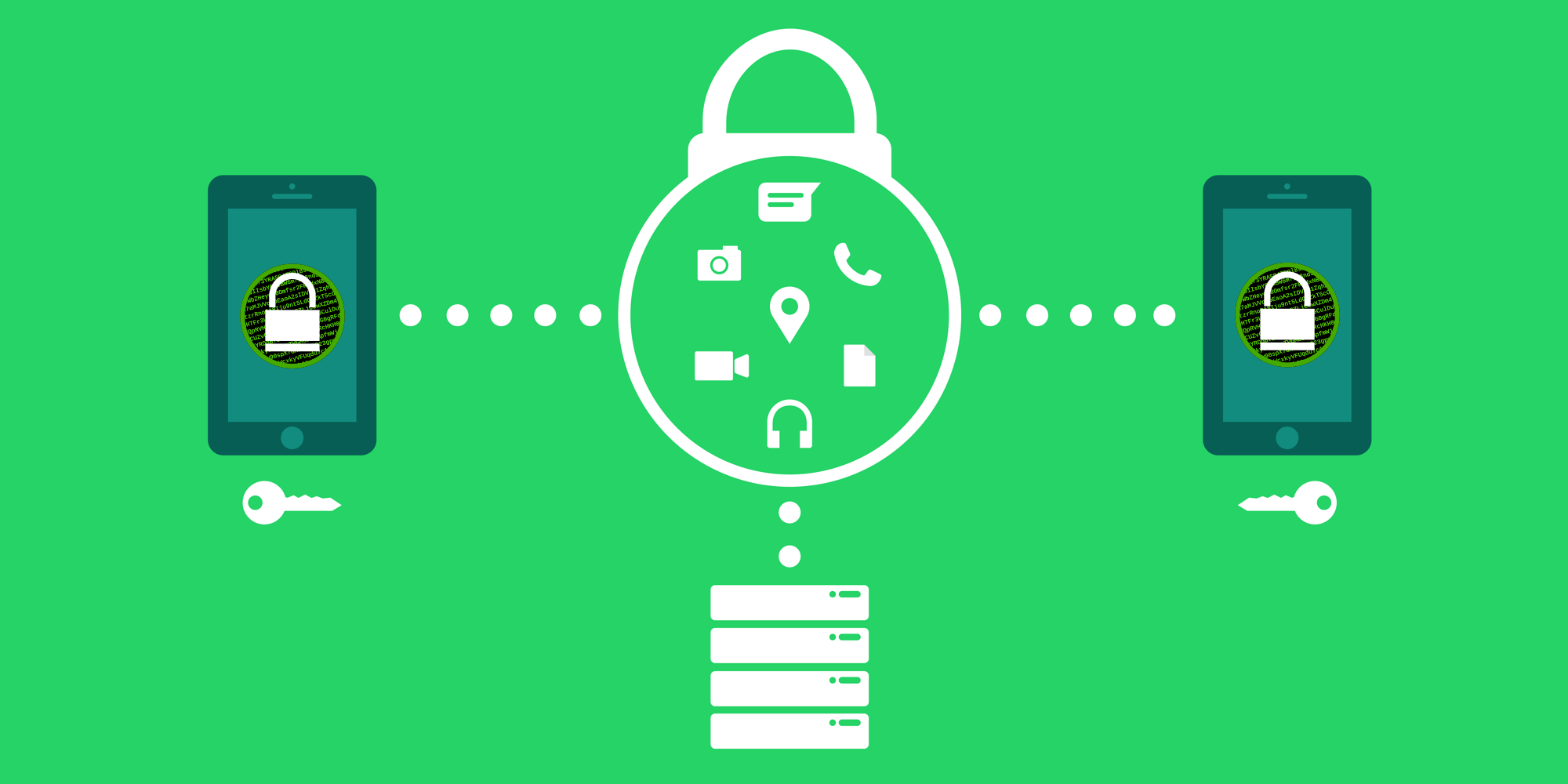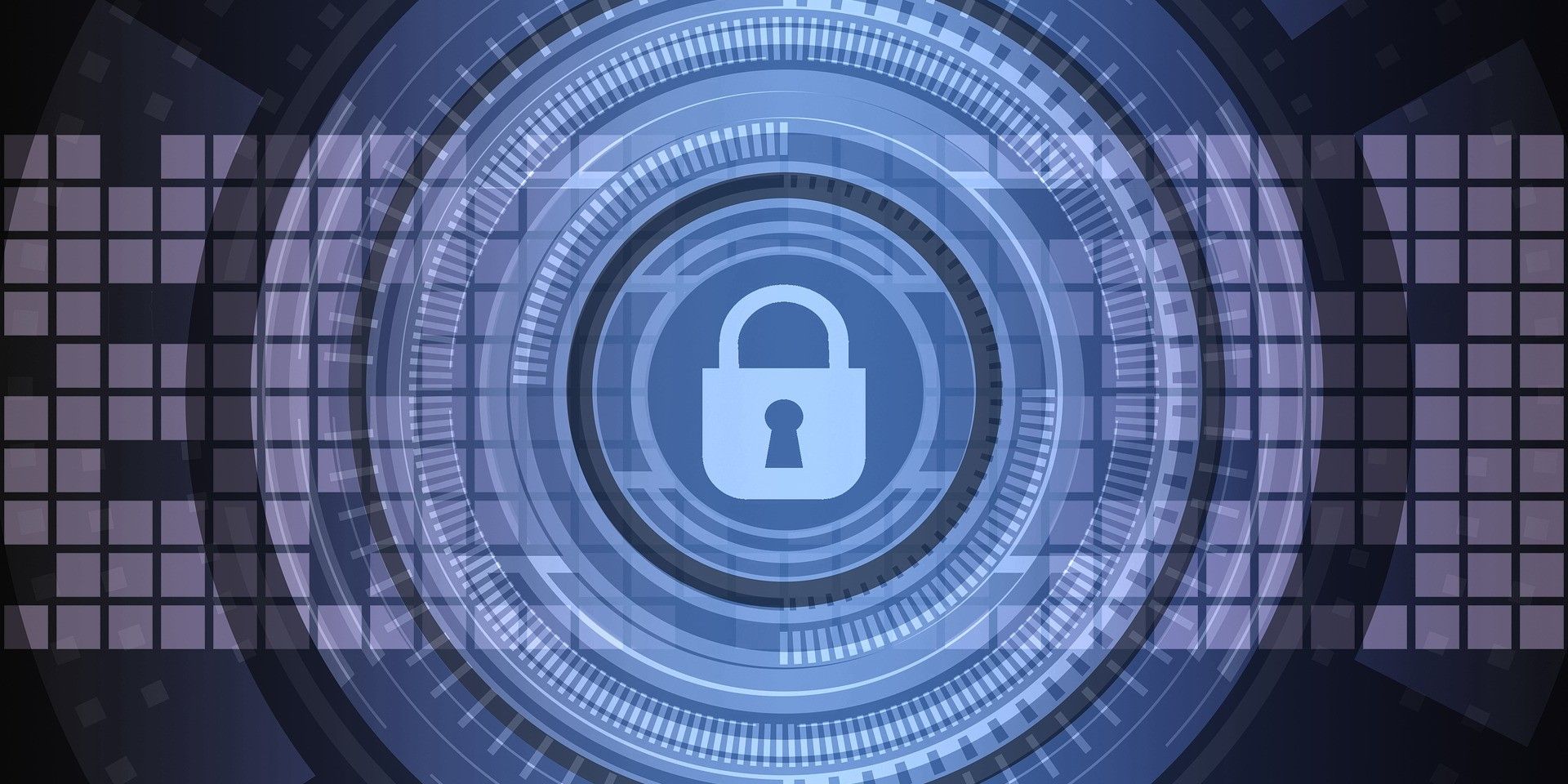With the internet becoming the primary means for communication and social interaction, end-to end encryption is becoming even more important to protect users from malicious actors and keep their online interactions private. Encryption gives users a way to protect themselves against a variety of threats and keep their information private and accessible only to the people they want to share it with.
Encryption is the process of changing data that humans can read into something known as ciphertext, which is the encrypted data created by an algorithm that can only be deciphered by someone who has the decryption key. Encrypting data or text does not necessarily require a modern computer. Just an algorithm with a set of rules and calculations can both encrypt and decrypt data without a computer, such as the Enigma machine used during WWII by Germany.
So what is end-to-end encryption (E2EE)? As Proton explains, E2EE is when the data is encrypted throughout the entire process of being sent to another device. This method of encryption prevents anyone other than the sender and recipient of the message from accessing unencrypted information. This is accomplished by using public and private encryption keys which are mathematically related to each other. The public key is used to connect two users and can be shared freely, while the private keys of each user are stored only on their devices. Since the private keys are controlled by only the users communicating, no one other than those users can access the encrypted messages that are being sent. Even if a hacker were to intercept the messages, they would not have the ability to decrypt the messages without the private keys.
Why Is End-To-End Encryption Important?
E2EE is important because it gives people more control over their data, enhances privacy, and helps to prevent unwanted leaks or spying on personal communications. Not only is this useful in everyday life, but it is also essential to democracy and free speech. Since not even the company's server which provides the end-to-end encryption has access to users' private keys, a corrupt government would technically be unable to access the unencrypted messages, since it would not be able to decrypt user information without private keys.
When it comes to the internet, privacy has become a pressing matter as more information is being shared between users at an astonishing rate. Most users don't think much about information that companies and governments have access to, but if their communications are not being end-to-end encrypted, other parties will have access to their uncensored data. Once end-to-end encryption becomes more prevalent and utilized, it will add a vital layer of security and privacy to a user's life.
Source: Proton


